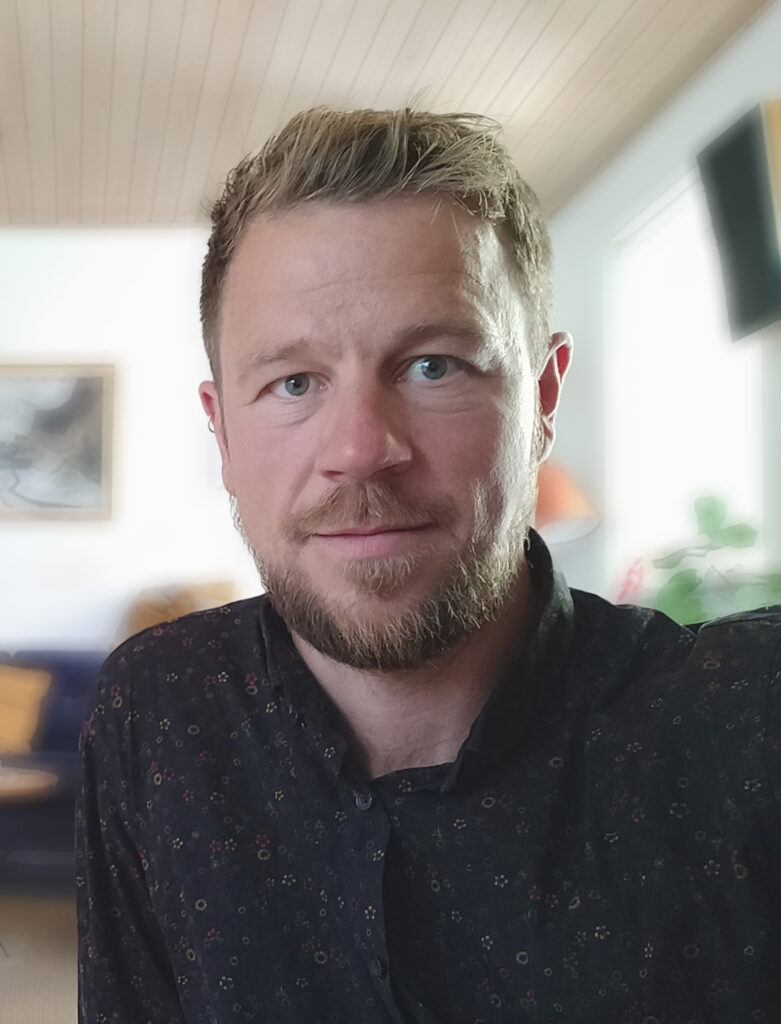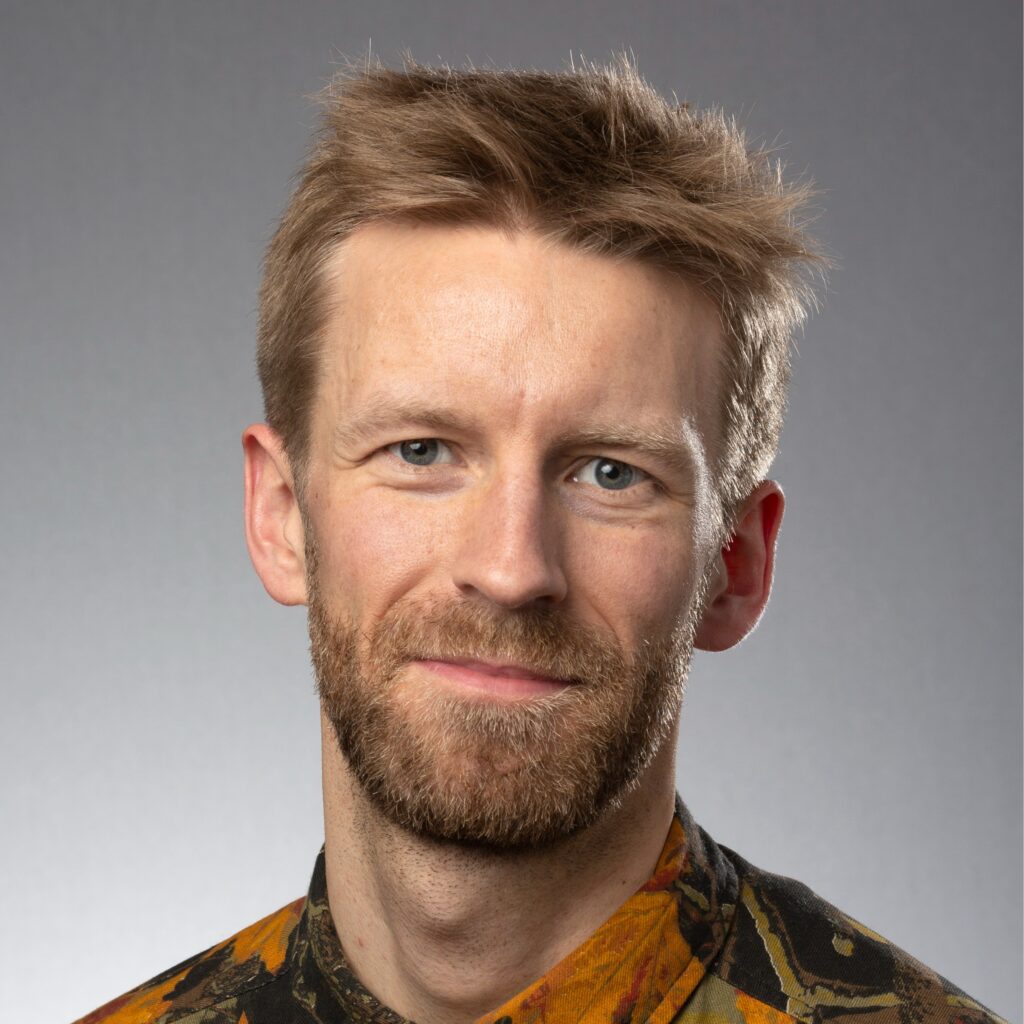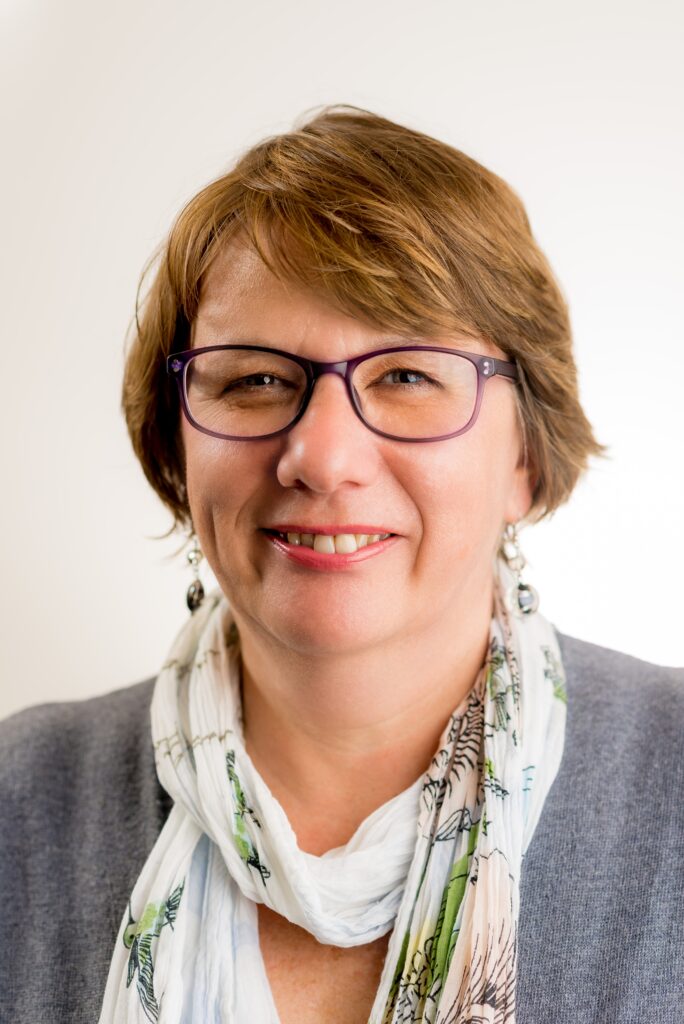In this session researchers present national research and development agendas on digital literacy in K12 education. Presentations will be in English.
- What digital literacy frameworks are defined and discussed at a national level?/ How do countries define computing education and digital literacy?
- What are the mayor research questions?
- What can Denmark learn from Norwegian experiences?


